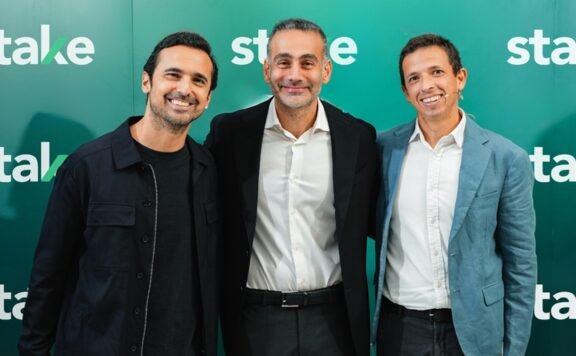Kenya based fintech, Pezesha has raised a pre-series A investment of $11 Million. The round was a mix of $6 million equity and $5 million debt. The funding round, which was led by Women’s World Banking Capital Partners II (WWBCP II), will see the company significantly scale operations in its core markets and grow into new markets within Sub Sahara Africa.
Founded in 2017 by Hilda Moraa, Pezesha has now become a leader in embedded finance in Africa, offering productive credit to tech-enabled platforms such as Twiga Foods, Jumia and Marketforce among dozens of others. Partners integrate seamlessly with Pezesha’s APIs and offer credit among other financial services to their merchant network at the point of sale.
In the last 2 years Pezesha has grown the value of its disbursements over 2,000% through disbursement of more than 100,000 loans to MSMEs in Kenya, Uganda, and Ghana.
Moraa commented about the investment: “ We are excited about attracting institutional investors led by the Women’s World Banking Capital Partners II to harness our growth plans and push our mission to the next level. We are equally excited that WWBCP II intentionally invests in women, which allows us to cement inclusivity in our growth plans as a sustainable path towards our vision of building Africa’s MSME lending infrastructure.
Additionally, this round has brought together strategic investors who underpin the fundamentals of financial inclusion in their thesis and we believe these combined experiences will help us accelerate and enable millions of MSMEs across African value chains to access affordable working capital.”
“We’re excited to join Pezesha’s journey,” said Christina “CJ” Juhasz, Chief Investment Officer, Women’s World Banking Asset Management. “Pezesha is dedicated to solving Africa’s working capital problem through its robust lending infrastructure and this investment will allow them to deepen the range of financial products offering especially to women owned MSMEs. We look forward to teaming up with Pezesha as it drives financial inclusion in Africa and continues to increase the number of women served in its business ecosystem.”





